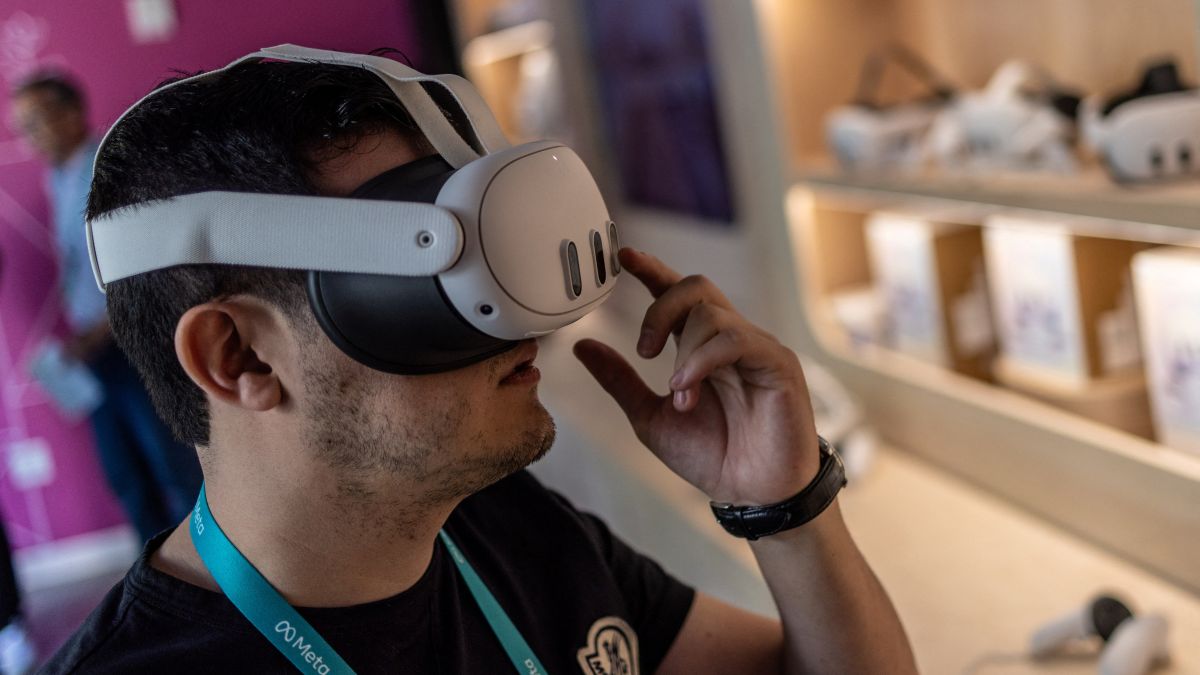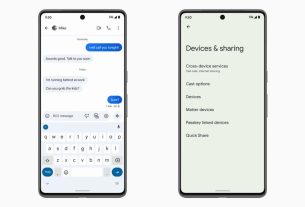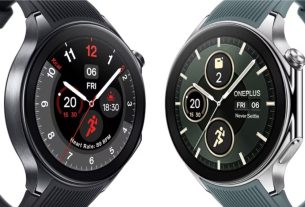
Meta is reportedly working on a new mixed-reality headset. Until recently, rumours suggested that the company was developing a premium variant to compete with the Apple Vision Pro. Those claims have now taken a backseat as Bloomberg’s Mark Gurman reports in his latest newsletter that Meta is planning to launch an AR/VR (augmented reality/ virtual reality) headset cheaper than the Meta Quest 3. Notably, the Meta Quest 3 launched in June 2023 at $499.99 (roughly Rs. 41,200) for the 128GB option.
Meta Quest 3S Launch, Price (Expected)
In his latest Power On newsletter, Mark Gurman claimed Meta was working on a cheaper Quest headset variant that may be launched in September. Possibly named Meta Quest 3S, the device could be announced during the Meta Connect conference, scheduled to be held on September 25 and September 26. The newsletter noted that many other monikers for the purported wearable mixed reality headset were discussed internally.
Gurman added that this rumoured Meta Quest 3S could be priced at $300 (roughly Rs. 25,100) or $400 (roughly Rs. 33,500). To adjust the cost, the company may sell the controllers separately from the headsets, he added. However, for some models, Meta could include the controllers in the box alongside the Quest 3S, but they may not be the same ones that are shipped with the Meta Quest 3.
The move to introduce a cheaper Quest variant could put Meta ahead of Apple in the mixed-reality headset game. For comparison, Apple’s Vision Pro starts at $3,500 (roughly Rs. 2,93,500). Gurman argued that the price difference between the two devices would be too huge to ignore regardless of the differences in performance. Interested buyers are more likely to opt for the cheaper, more accessible option.
At the upcoming Meta Connect conference, the brand may also showcase a prototype called Orion, which is said to be the base for an eventual model of AR glasses. Meta already has non-AR smart glasses in the market — the Ray-Ban Meta smart glasses (Review). Gurman added that the company might announce AI-backed software features for the existing glasses, alongside updated styles and colours.


